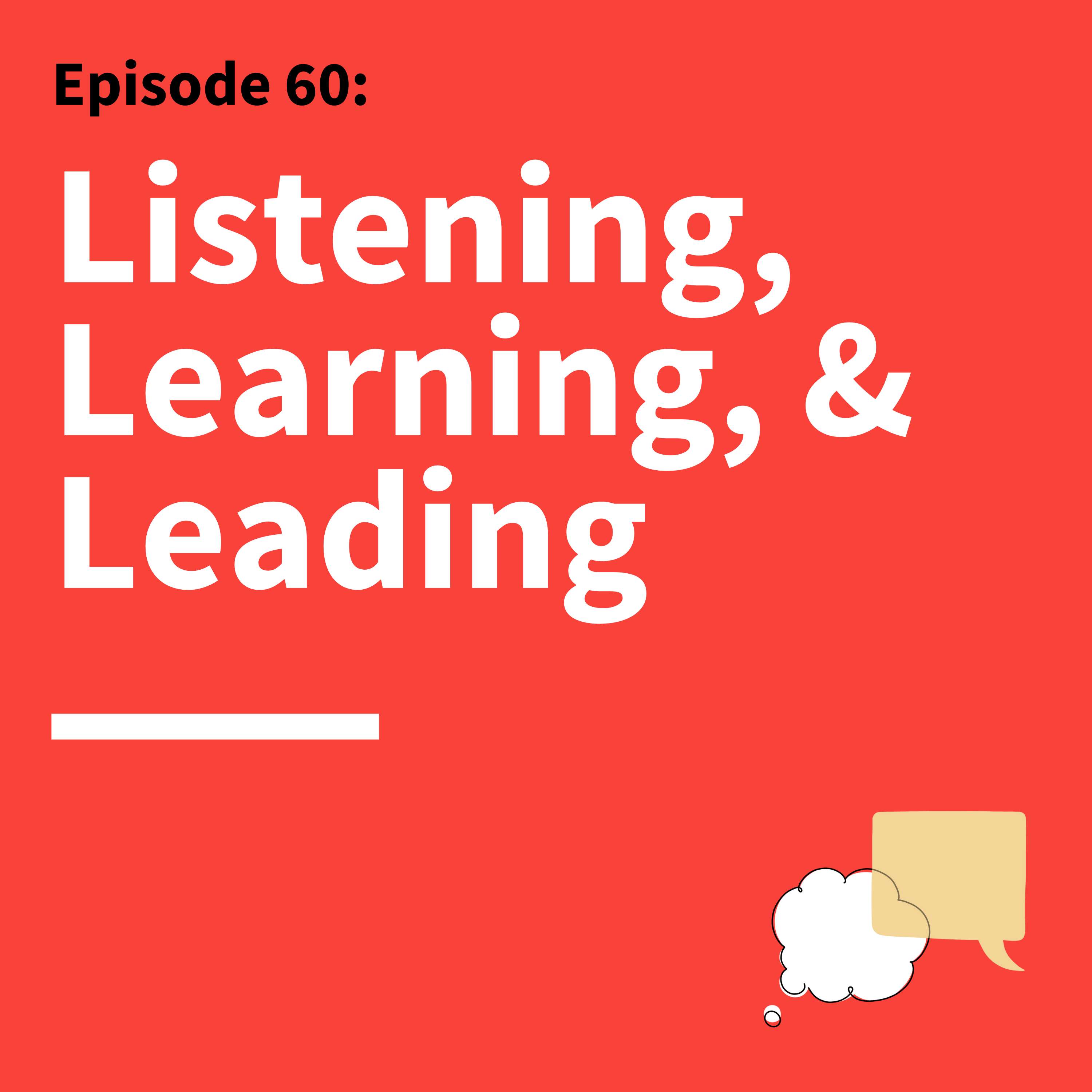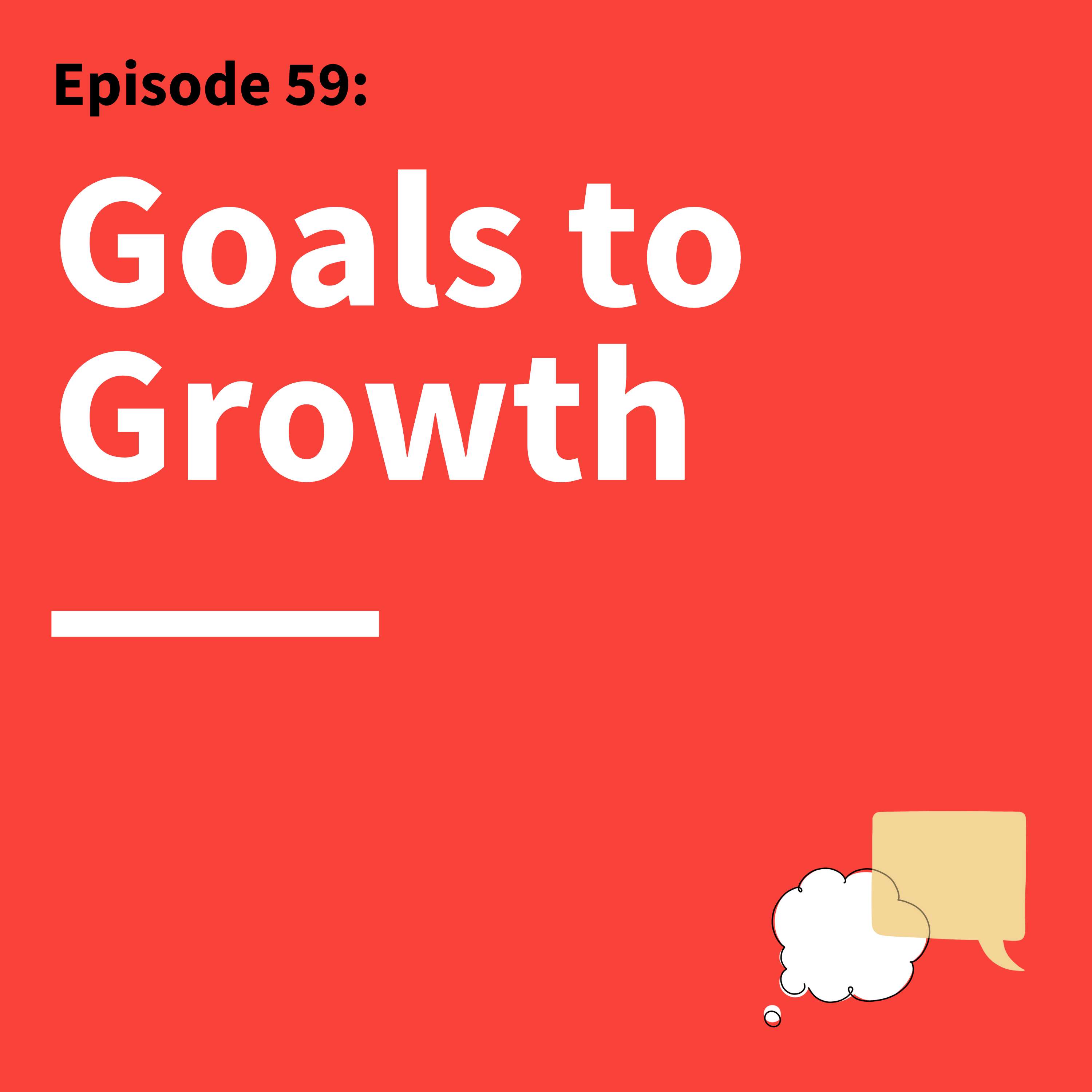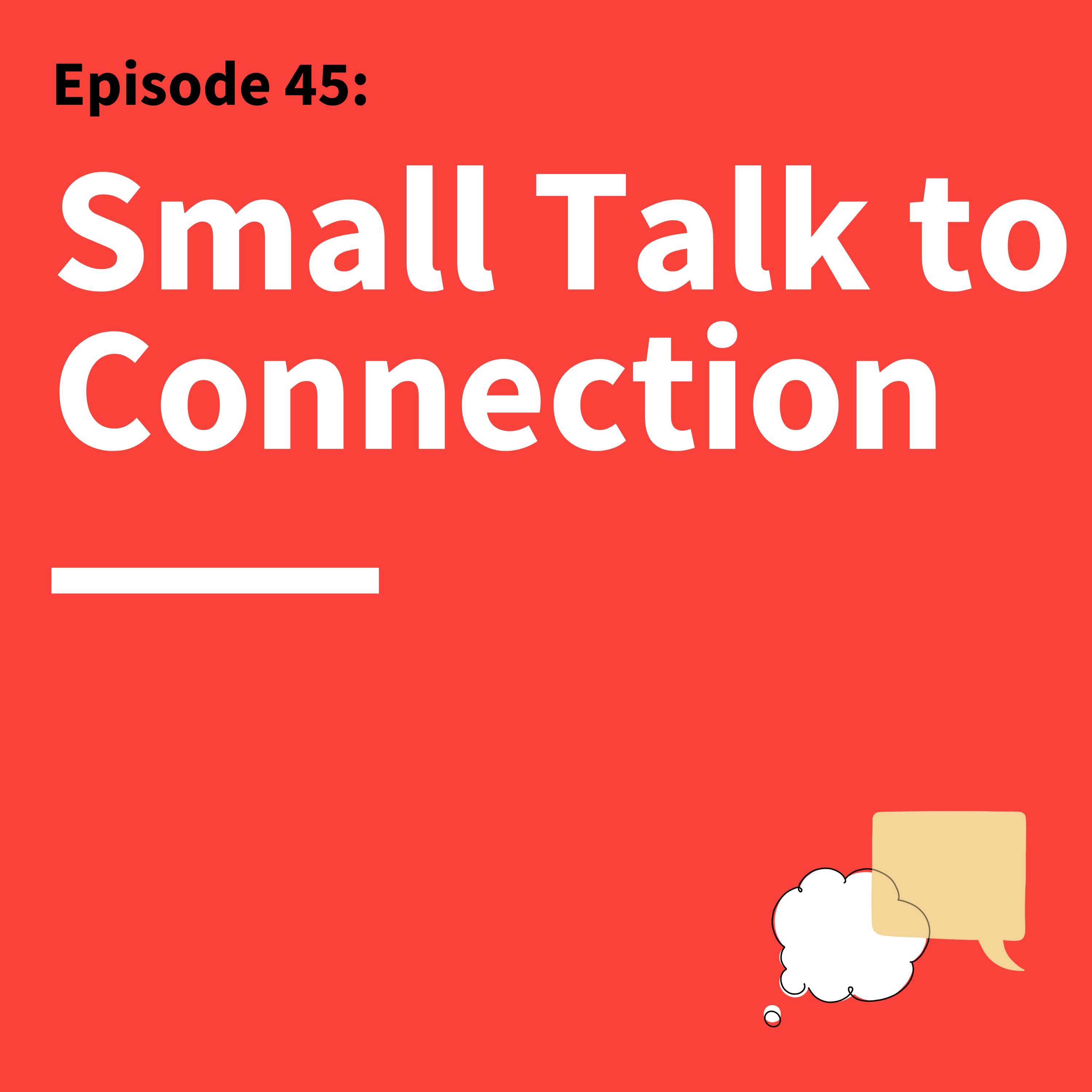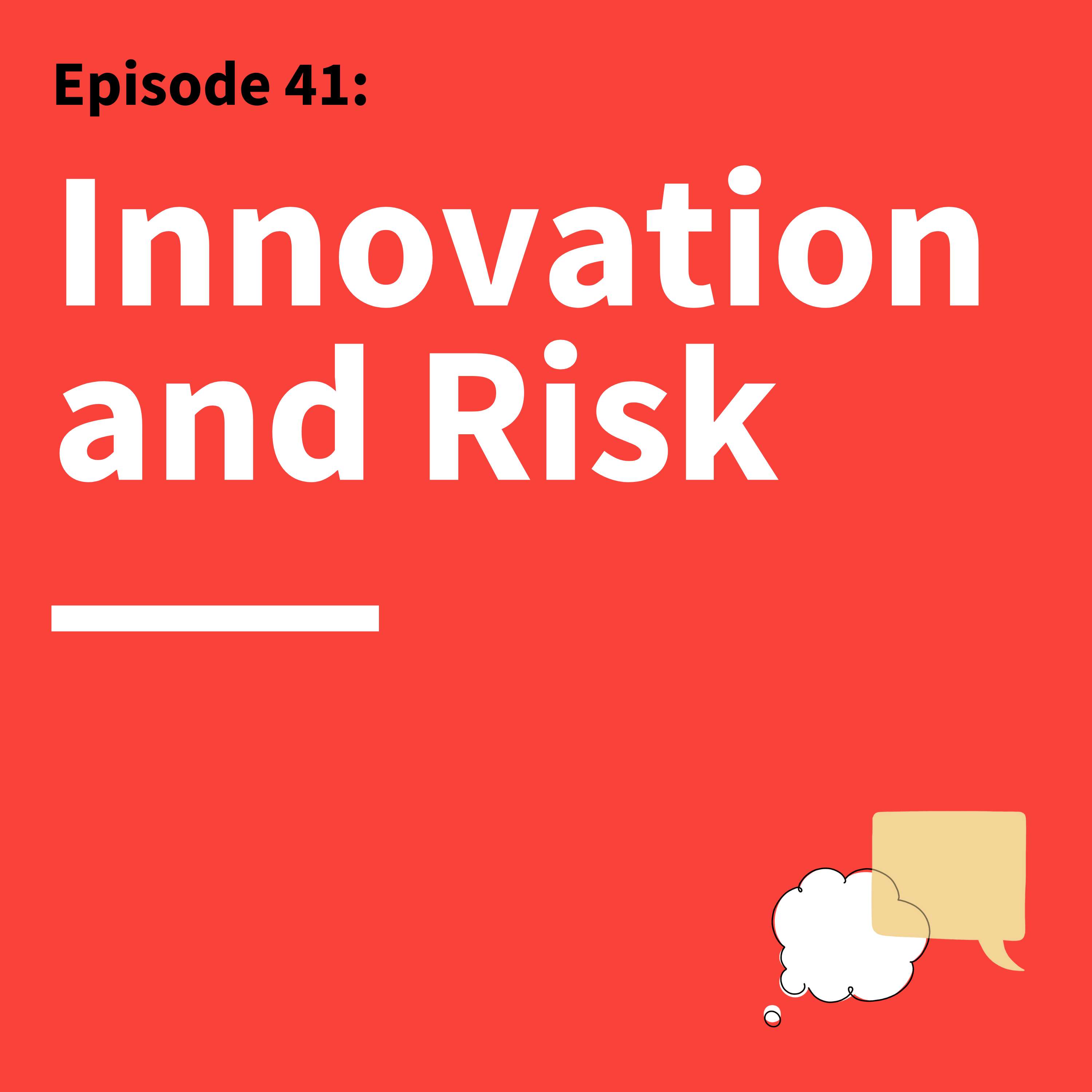Episodes
63. Cheap Talk: What Economics Has to Say About Communication
How economic concepts show up in everyday communication.
62. Rethinks: Summer Learning Series, How Humor Can Be a Secret Weapo…
How humor can make us more confident, trustworthy communicators.
61. Courage, Ambiguity, Belonging and Data: How to Design Your Commun…
Four elements that will help your message stand out.
60. Communicating Uncertainty: How to Connect With Your Audience, Eve…
How being transparent is crucial to earning trust.
59. From Dreaming to Doing: How We Set and Achieve Goals
An essential ingredient of human behavior: motivation.
58. Forgiveness: How the Right Communication Repairs Relationships
The role of forgiveness in relationships and healthy communication.
57. Are You Listening?: How to Stay Open and Curious to Other People’…
The importance of really hearing where others are coming from.
56. Lean Messaging: How Simple Messages Really Stick
Communicating for startup success.
55. Ideas & Empathy: How to Design and Communicate with Others in Mind
How design and communication both start with the same ingredient: empathy.
54. Leadership and Ethics: How to Communicate Your Core Values
How to make ethical decisions in your personal and professional life.
53. Step Up and Stand Out: How to Create the Right Environment for Co…
Not just knowing what your audience needs to hear, but how they need to hear it.
52. Communicating Our Mistakes: How to Avoid Common Flaws and Make Be…
Common flaws in the decision-making process — and what to do about them.
51. We Asked, You Answered: Celebrating our 50th Episode with your An…
Techniques for managing nervousness before and during your communication.
50. Telling Good Stories: How to Use the Elements of Narrative to Kee…
Foster a sense of empathy and connection through storytelling.
49. Make Numbers Count: How to Communicate Data Effectively
The importance of “translating” numbers when sharing information.
48. Speaking Up Without Freaking Out: How to Tackle Communication Anx…
Keeping your cool during various speaking situations.
47. Quick Thinks: How to Use Storytelling to Be a Better Founder
Lessons from the Stanford GSB class “Startup Garage.”
46. Stay Creative: How to Keep Your Ideas Fresh and Practical
Common mistakes that can stifle ideas.
45. Recipes From the “Communication Kitchen”: How to Handle Three Com…
Strategies for surviving small talk.
44. Act Like a Leader: How Lessons From The Theater Can Help You Step…
"Leadership is a role that you play, like a part you play in other people’s lives. And [your] expression of that role is your responsibility as a leader,” says Stanford GSB lecturer Melissa Jones Briggs . Jones Briggs’ work c...
43. Get Psyched: How Time and Situations Shape Our Communication
How time influences perception.
42. Space, Pace, and Grace: How to Handle Challenging Conversations
The power of slowing down during difficult workplace situations.
41. Speak like a Founder: How Successful Entrepreneurs Communicate to…
Tactics that startups use to build a product quickly and effectively.
40. Mindset Matters: How to Embrace the Benefits of Stress
“Stress is natural, stress is inevitable when you're living a life that's connected with things you care about. And learning how to embrace it, learning how to work with it is really what helps us thrive and grow and perform …























